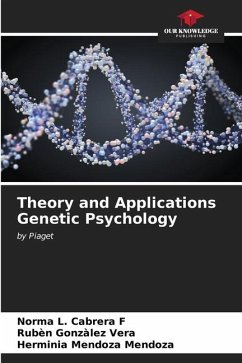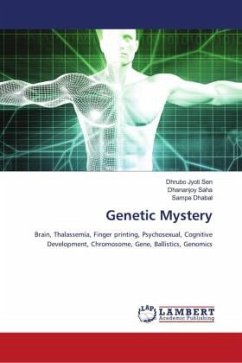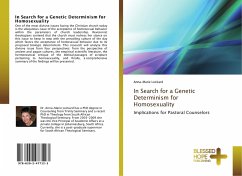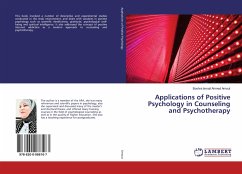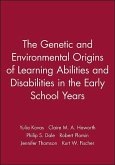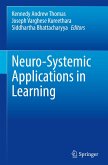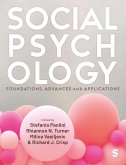This paper points out that Piaget's theory establishes that the construction of knowledge is not formed in a linear relationship, but in a circular and spiral one, which goes in increasing complexity and is elaborated from the simple to the profound. Through knowledge, reversible structures are achieved, which allow the adaptation of the subject to the environment. At present, Piaget's genetic epistemology has revolutionized the forms of experimental research and its application has been effective in different fields such as: basic education, special education, psychiatry and children's clinic; establishing that the explanation of the structure of knowledge must be sought in the activity of man, as a relationship of an organized social, individual and biological whole, since man is an initial product of biology and later of more developed and modified structures, as a result of his social interaction.
Bitte wählen Sie Ihr Anliegen aus.
Rechnungen
Retourenschein anfordern
Bestellstatus
Storno

